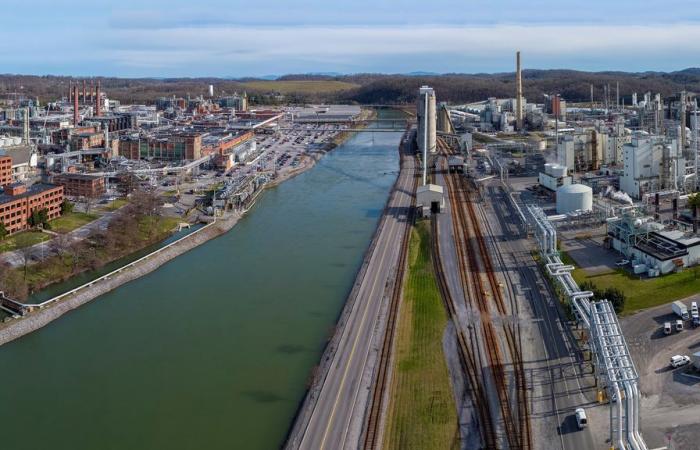
The Director General France specifies that “Eastman is however fully committed, construction is ready to start from an administrative and technical point of view, but we will not make a final investment decision until we have secured customer commitments on minimum volumes».
However, the progress of the project is in line with the schedule initially envisaged and rather encouraging. At the end of November, the American chemist had the land for its factory, secured 70% of the contracts, lasting from 3 to 9 years, for the supply of plastic waste, and in recent weeks obtained building permits. , operational, and environmental. There remains the pitfall of customer contracts.
The “economic and ecological nonsense” of imports of recycled plastics into the EU
This problem of securing sales on the volumes of plastics recycled by the future factory would come from European procrastination on the next regulations linked to the reuse and incorporation of recycled plastic into products placed on the market. Eric Dehouck indicates that “Until last year, the draft European Regulation on Packaging and Packaging Waste (PPWR) was based on the principle that the plastic packaging of products placed on the EU market must contain a minimum percentage of recycled plastics from waste coming from the EU. But in early 2024, the EU paved the way for the incorporation of imported recycled plastics. If we allow these imports, which come from markets that do not have the same rules of quality, collection, sorting, treatment for reincorporation, we will create an unbalanced competitive environmentand we no longer have the economic model envisaged“. The manager even describes that this orientation “ economic, ecological, social and health nonsense. Plastic materials recycled outside the EU will always be cheaper than those in the EU because the rules of operation and reincorporation are not the same. We run the risk of condemning the economics of mechanical and chemical recycling in Europe”, leading even to the risk “to import recycled plastic and continue to incinerate our own plastics in Europe».
Jean-Yves Daclin, general manager of PlasticsEurope France recognizes that “in the course of discussions for the PPWR , some members of the European Commission and stakeholders wanted to promote recycled materials in Europe. But they encountered a very firm response from the Competition Directorate of the European Commission, which is committed to strict compliance with WTO rules.».
Plastic recycling projects called into question in Europe
According to Eastman, this situation would be a real thorn in the side of the twenty or so chemical and mechanical recycling projects for plastics throughout the EU. “Many players are postponing or canceling because market conditions have completely changed, because brands that will have to integrate recycled materials into their products are in a position of waiting for clarification of European regulations for their purchasing policies.», Adds Eric Dehouck. Incidentally, while the Canadian Loop Industries is abandoning its plastics recycling plant project in Moselle, it is pursuing a similar project in India, as the group confirmed during its last investor presentations in October.
This problem of authorized imports of recycled plastics, which has not yet been recorded however, is quite similar across the Atlantic. For his project for a second American PET chemical recycling plant in Texas, identical to the French project, Erick Dehouck recognizes that “the regulations are not clearer in the United States, but we have a committed customer, Pepsi, to take production, and sufficiently large subsidies, of 375 million dollars. For Europe, we don't have this customer commitment, and the subsidies are much lower.»
Cost inflation also weighs on Eastman's project but without calling it into question
For its project in France, Eastman also recognizes cost increases, with an investment now expected to exceed one billion euros. “Costs have moved», Assures the French leader. “It is firstly linked to inflation but also to energy. Eastman had chosen France in particular thanks to access to competitive and carbon-free electricity, but today this is no longer really the case, France has lost its competitive advantage in its energy mix.“. However, this element does not call into question the establishment of the project in France, the American group assures us, especially since a project of this magnitude cannot quickly be postponed to another European country and that a relocation elsewhere in Europe would not change the situation on imports of recycled plastics.





